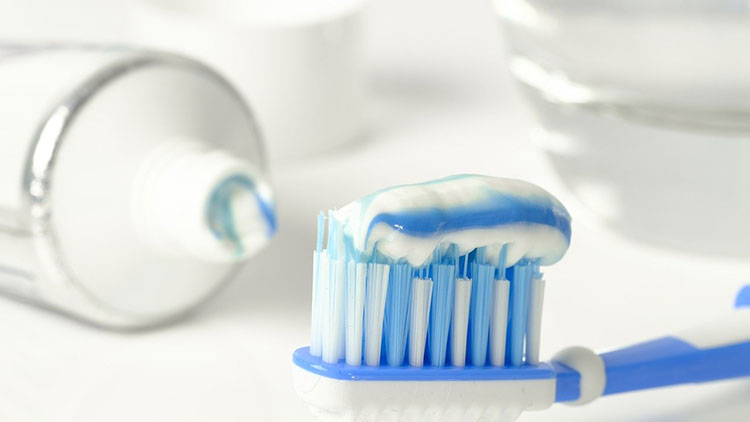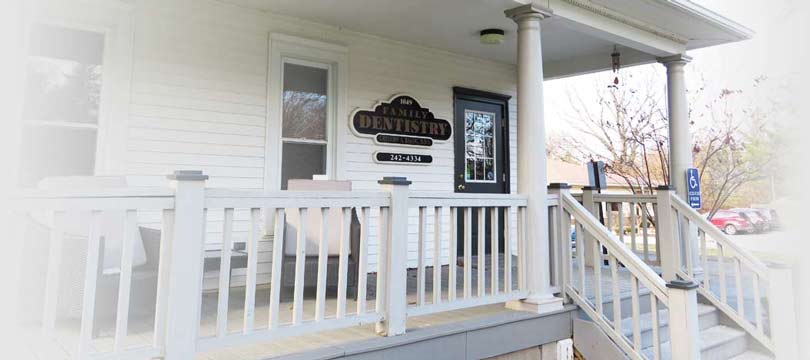
Most of the time, after a routine dental visit you will most likely leave with a new toothbrush to replace our old one. We recommend changing your toothbrush every 3 – 4 months, depending on how rigorous you brush and how worn the bristles are on your toothbrush. But as a result of the COVID-19 crisis, Monroe, MI residents aren’t seeing their dentist and therefore aren’t getting a new toothbrush to replace the old one.
This is just one example of how you need to think differently about your dental health. When you might have relied on that dental visit for your next toothbrush, you need to make it a priority to change your toothbrush on your own. Not a huge issue, but home care is the most important line of defense you can have against dental health issues.
While the dental community’s advice for home care isn’t any different, it does require much more attention to detail in order to be as effective as possible. After all, it isn’t clear when you will be able to schedule your next appointment. All the more reason to do everything you can to protect your teeth from plaque. Here are 10 important aspects of your home dental care.
- Replace your tooth brush every 3-4 months
- Don’t go to bed without brushing your teeth
- Brush for two minutes, twice a day
- Hold your toothbrush at 45-degree angle and use short strokes
- Floss or clean between teeth once a day
- Make sure to use a fluoride toothpaste approved by the ADA
- Drink more water
- Eat crunchy fruits and vegetables
- Limit sugary and acidic foods
- Don’t use your teeth to open bottles or rip packages
While you might be following these tips exactly, accidents happen. Our office is still open to handle emergencies. We are following the American Dental Association’s (ADA’s) recommendation as it relates to emergency and urgent dental treatment. Here’s how the ADA characterizes each:
Emergencies are “are potentially life threatening and require immediate treatment to stop ongoing tissue bleeding, alleviate severe pain or infection.”
Urgent dental care “focuses on the management of conditions that require immediate attention to relieve severe pain and/or risk of infection and to alleviate the burden on hospital emergency departments. These should be treated as minimally invasively as possible.”
For more information on the difference between emergency and urgent dental care, click here. If you have questions about a particular dental situation you have, contact us today and we will reach out ASAP to determine if we can treat you. Stay safe!

 Request an Appointment
Request an Appointment